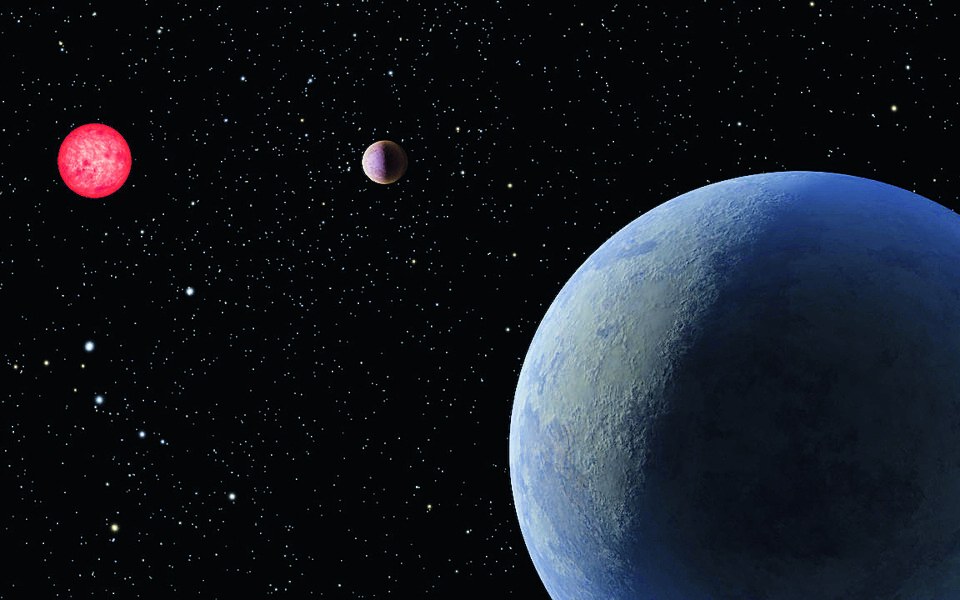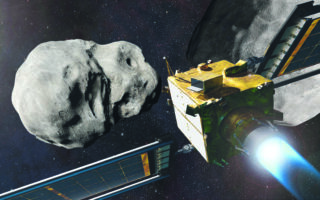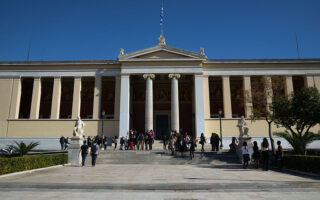Pupils get chance to name exoplanets

Twenty-six Greek primary schools have responded to the invitation extended around the world by the International Astronomical Union (IAU) to name 20 selected exoplanets (i.e. planets outside our solar system) along with their host stars, which have been discovered relatively recently and are set to be observed by the James Webb Space Telescope (JWST).
The final selection of three names by the Greek schools will be made at the Ionideion School in Piraeus at 10 a.m. on Sunday and forwarded to the IAU for the final selection. The event will be attended by students, teachers, scientists, institutions and anyone else interested.
Usually, most of the star name choices are from mythology; however, some schools have chosen literature.
“The names we chose are related to ‘Erotokritos.’ It is a novel that has origins in Western literature and is even based on a French novel. It is also the first book in Cretan dialect, which was published outside Greece, in Venice in 1713,” said Giorgos Kollias, a teacher at the 47th Primary School of Patra in comments to Kathimerini.
“We departed from mythology and chose names from medicine, to demonstrate its value,” added Athina Primikiri, a teacher at Kapandriti Primary School. She also revealed that her school has suggested the names Sfyra and Akmon, which are ear bones.
According to Thanasis Papaioannou, a researcher in solar physics and cosmic radiation at the National Observatory of Athens, there are about 6,000 confirmed exoplanets. “Observation and curiosity, as is typically the case with space, is the basis of science and the evolution of ideas. The fascination of space and the unknown motivates us all,” he said.





